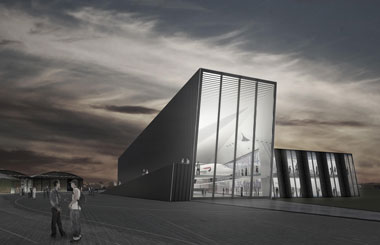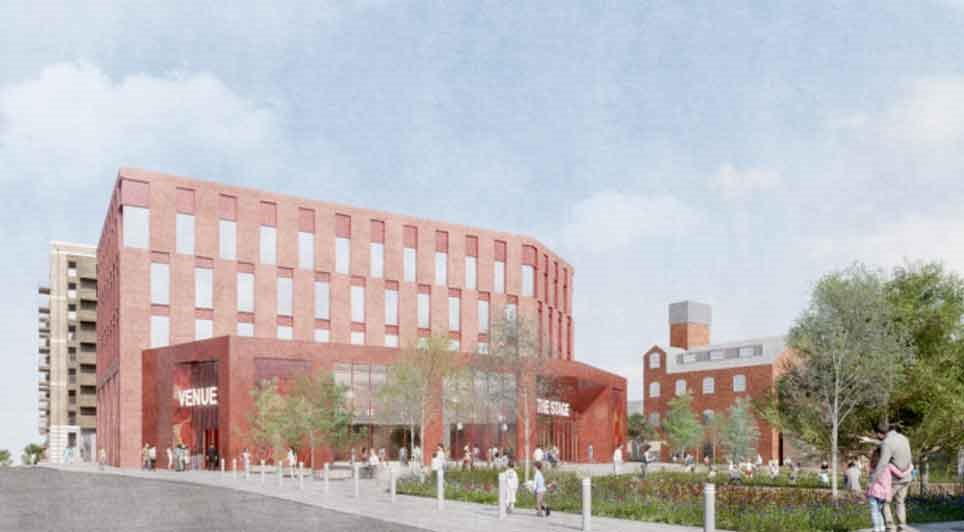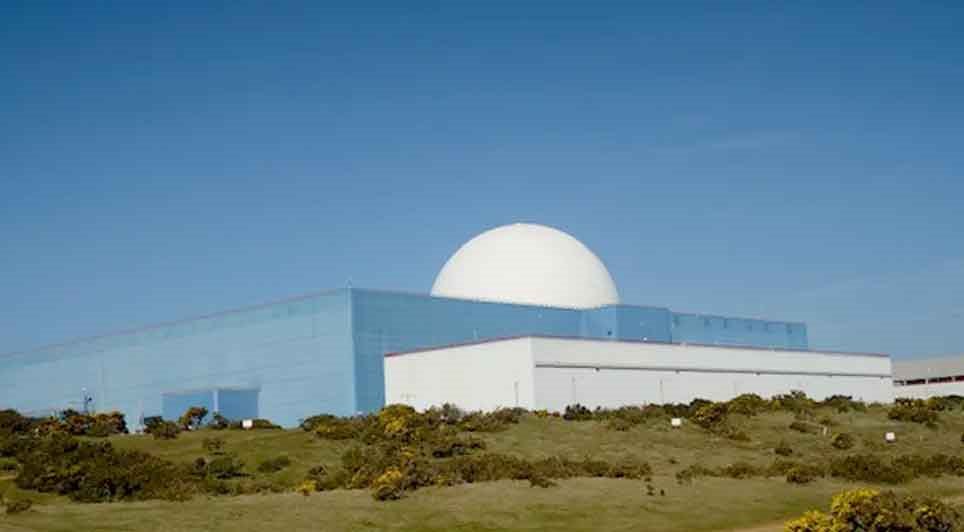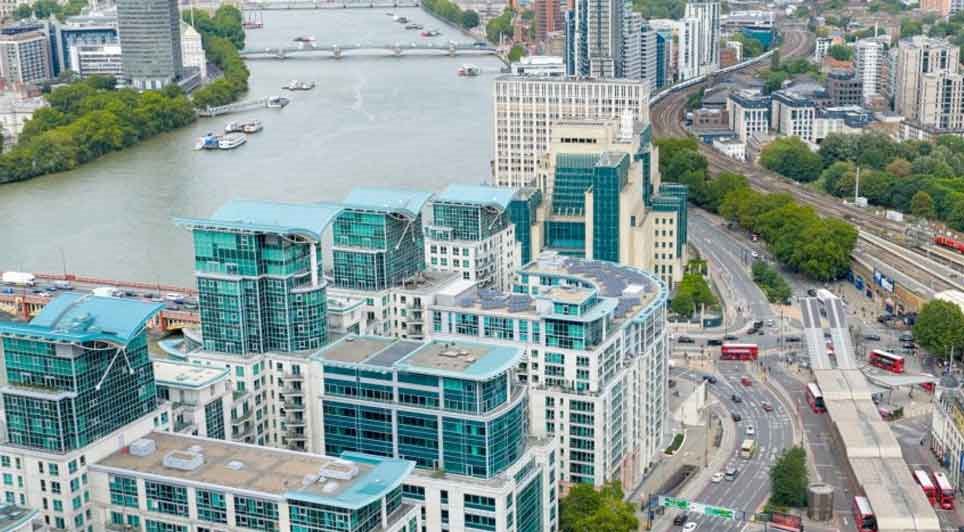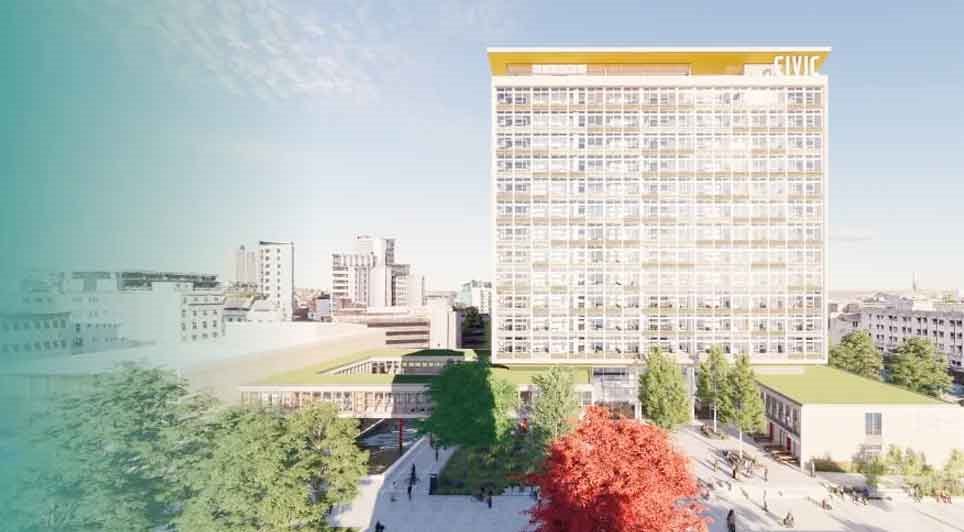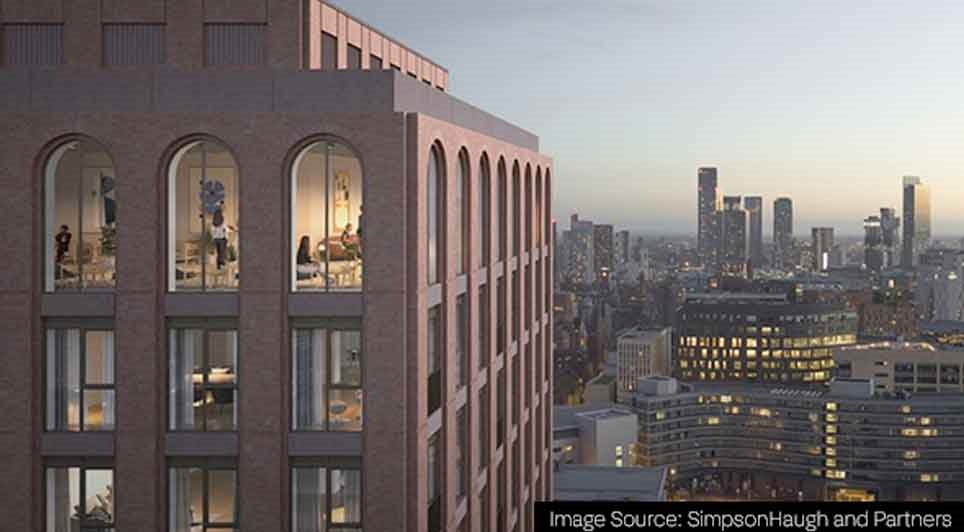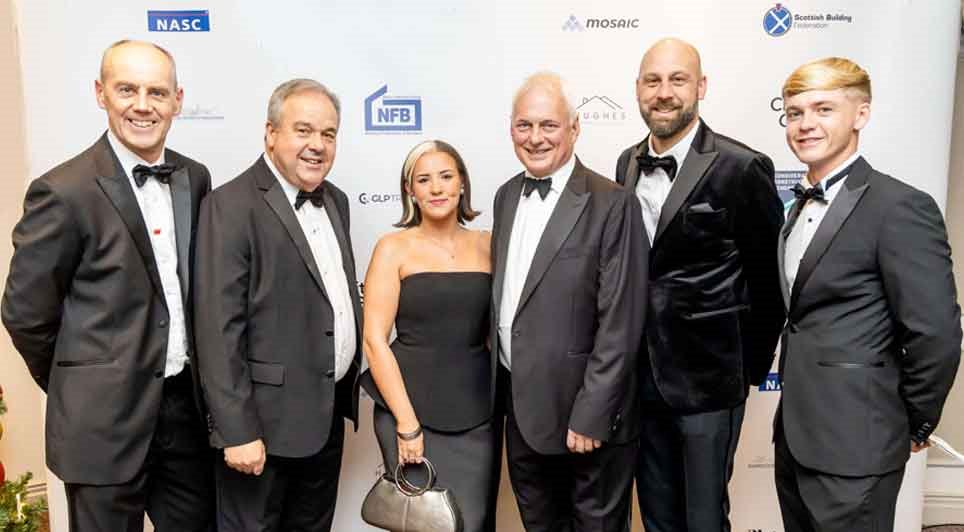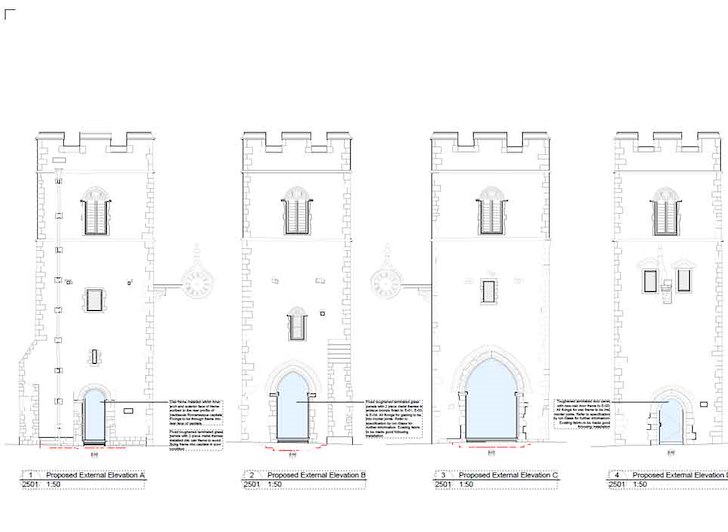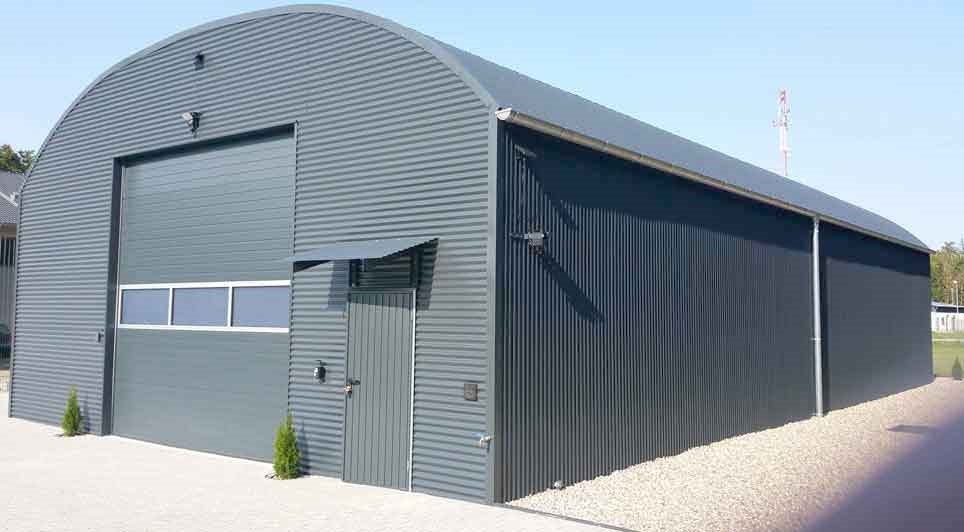Focus Consultants and architects Purcell have been appointed to draw up designs for a multi-million pound heritage museum and learning centre dedicated to aerospace.
The Bristol Aerospace Centre will become a permanent home for Concorde and will feature refurbished, listed World War One aircraft hangars.
The hangers will be transformed into a heritage museum, learning suites, archives and workshops.
Based at Filton Airfield, to the north of Bristol, the centre will combine the Bristol Aero Collection and a number of other collections of artefacts and archives.
Last year the project, which is being run by the Bristol Aero Collection Trust, received a first round pass for a £4.4m bid from the Heritage Lottery Fund (HLF).
A number of major aerospace companies, including BAE Systems, Airbus and Rolls-Royce, have pledged support for the project, which it is estimated will cost £13.5 million.
Nottingham-based Focus Consultants has been appointed as project manager, cost consultant and funding and business planning advisor.
Purcell has been appointed to design a new hangar to house Concorde, following a design competition organised by Focus.
Steven Fletcher, partner at Focus, said: "Bristol Aerospace Centre will tell the story of the south west region’s world-class aerospace industry, and Focus Consultants is proud to be playing a part in that.
"Concorde has been beside the runway at Filton since landing there after its last flight ten years ago, but this project will give the world’s first supersonic passenger plane a permanent indoor home.
"This is an inspiring project to work on, and follows other major museum and heritage centre schemes that the Focus team has been involved in over recent times or is currently working on, such as the multi-million pound redevelopment at the National Army Museum in Chelsea, a new entrance for HMS Belfast in London and the renovation at the award-winning Royal Albert Memorial Museum in Exeter."
Niall Phillips, Head of Design at Purcell, said: "Filton airfield has two historically important Grade II listed hangars which were built around 1918. They are currently in poor condition, but can easily be repaired and carefully converted into museum space which will show off many of the treasures from the Bristol Aerospace Collection in context and provide much needed facilities for learning and research.
"Our new hangar concept does not just contain Concorde, it frames it with full height glazed curtain walls enticing visitors inside without giving everything away. Though Concorde is a considerable size, our concept has a minimum footprint so that it does not impose on the surrounding airfield and its contemporary design will complement the existing hangars on the site."
(IT)
 UK
UK Ireland
Ireland Scotland
Scotland London
London

